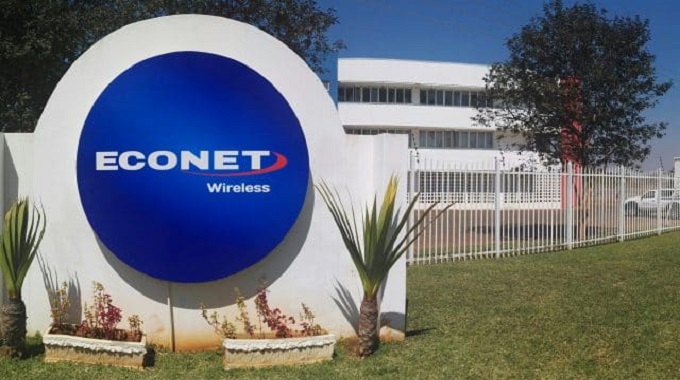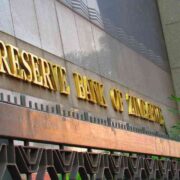Econet Wireless Zimbabwe is stepping up its climate response with a strategic push into renewable energy and green technologies, aiming to cut greenhouse gas (GHG) emissions while securing long-term sustainability for its telecom operations.
In its 2025 annual report, the telecoms leader highlighted the growing risks of climate change, noting how global warming is driving up operational costs across the industry. Rising temperatures are increasing the energy needed to cool network infrastructure, while worsening droughts—such as those impacting the Kariba Dam—have reduced hydroelectric capacity, forcing operators like Econet to rely more heavily on costly and polluting diesel generators.
“The impacts of global warming contribute to rising temperatures, which, in turn, increase the energy demand for cooling telecommunications equipment. This elevates operational costs and intensifies energy consumption. Drought conditions, such as those affecting the Kariba Dam, reduce hydroelectricity generation, necessitating greater reliance on diesel generators for backup power, leading to both increased costs and higher GHG emissions,” the company said.
In response, Econet has launched a multi-layered energy strategy, prioritising the integration of solar power, efficiency upgrades, and environmentally aligned supply chain practices. The company has so far deployed 380 solar-powered network sites, generating over 3.3 million kilowatt-hours (kWh) of power and avoiding approximately 3,249 tonnes of carbon dioxide equivalent (tCO₂e) emissions.
“Our management approach includes investing in green technologies and renewable energy solutions, which have created business opportunities and employment. Our standby diesel generators operate within specified emissions thresholds and do not significantly contribute to greenhouse gas emissions,” Econet noted. “Furthermore, we have implemented sustainability screening processes for suppliers and partners to ensure alignment with our environmental policies. A key focus area of our sustainability strategy is transitioning to renewable energy for network operations to reduce GHG emissions.”
In addition to expanding solar usage, the company is adopting energy-efficient technologies and best practices to optimise its power consumption. Despite this progress, diesel remains the dominant energy source in its current mix. For the 2025 financial year, Econet reported total energy use of 872,970,976 megajoules (MJ), with diesel accounting for 82.7%, electricity 16.4%, petrol 0.8%, and liquefied petroleum gas (LPG) just 0.02%.
“The significant reliance on diesel, which has a higher energy density compared to petrol and LPG, underscores its central role in our operations. However, this dependency also presents opportunities to explore alternative energy sources and enhance energy efficiency to reduce our environmental impact,” the company stated.
To move away from fossil fuels, Econet has set firm carbon reduction goals—targeting a 30% reduction in its carbon footprint by 2030, and achieving net-zero emissions by 2050. Already, 282 sites and 8 corporate offices are powered by solar, and battery systems have been upgraded at 467 locations to enhance energy performance across the network.
Beyond its technical operations, Econet is actively contributing to climate resilience in communities, supporting disaster recovery, and infrastructure restoration—such as road reconstruction efforts following Cyclone Idai. These initiatives reflect the company’s broader commitment to sustainability and its role in supporting national goals for clean energy adoption.
By embedding renewable energy and climate-conscious practices into its core operations, Econet is not only reducing its environmental impact but also positioning itself as a forward-thinking player in Zimbabwe’s digital and energy future.














Comments